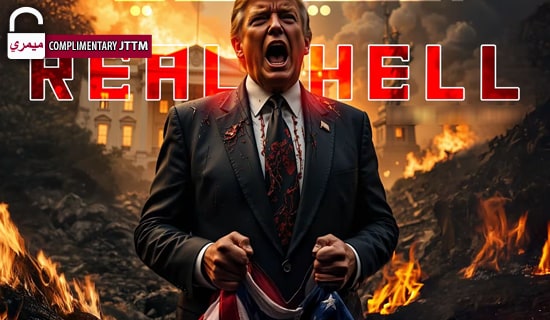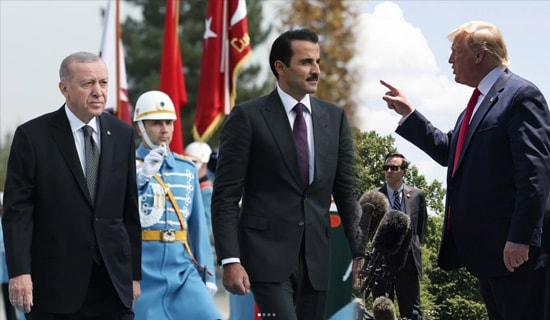III. Governments Pressure WhatsApp Over Terrorist Use Of Its Services
U.S. Government Pressures WhatsApp And Its Parent Company Facebook For Backdoor Access
The government and law enforcement have been pressuring WhatsApp, and its parent company Facebook, to enable backdoor access to its messaging services, arguing that the end-to-end encryption is used by criminals such as terrorists and pedophiles. In a September 2019 statement, Facebook said that "end-to-end encryption already protects the messages of over a billion people every day [and they] strongly oppose government attempts to build back doors because they would undermine the privacy and security of [their] users everywhere."[28]
The Justice Department, led by Attorney General William P. Barr, is pushing Facebook for access to WhatsApp messages, arguing that this is a vital crime-fighting tool. He wrote in an October 4, 2019 letter to Facebook CEO Mark Zuckerberg: "Companies should not deliberately design their systems to preclude any form of access to content even for preventing or investigating the most serious crimes."[29]
The Senate Judiciary Committee held a hearing on March 11, 2020[30] on the Eliminating Abusive and Rampant Neglect of Interactive Technologies Act (EARN IT Act) that would create incentives for companies to "earn" liability protection for violations of laws related to online child sexual abuse material. Critics are calling EARN IT a way to give law enforcement the backdoor[31] to encrypted platforms – such as WhatsApp.
UK Home Office National Security Director Says UK "Support Strong Encryption" But "Risks To Public Safety... Are Grave"
Chloe Squires, Director of National Security at the U.K. Home Office, gave written testimony on December 10, 2019 in the Judiciary Committee Unites States Senate hearing on the topic of encryption law. Squires stated that the U.K. Government "supports strong encryption and understands its importance for a free, open, and secure internet." Nevertheless, she wrote: "The risks to public safety where encryption precludes the needs of law enforcement, including targeted access to content, are grave. That impact is felt in two distinct areas. Firstly, by inhibiting the ability of law enforcement agencies to access content in exceptional circumstances where that is necessary and proportionate to investigate serious crime and protect national security, and where an interception warrant for that purpose has been lawfully issued. Secondly, by diminishing a company's own ability to identify and tackle the most serious illegal content and activity running over its platform, including grooming, indecent imagery of children, terrorist propaganda and attack planning."[32]

Indian Government Discusses Feasibility Of Blocking WhatsApp In "Insurgency-Hit Areas"
It was reported in June 2018, that India's government would examine the feasibility of blocking WhatsApp in "insurgency-hit areas." That month, top Indian officials met to discuss the growing use of WhatsApp by terrorists in the country; the meeting focused on the removal of malicious content posted by "keypad jihadis," and was attended by top officials from the Ministry of Electronics and Information Technology, the Department of Telecommunications, and security agencies and law enforcement.[33]





.jpg)